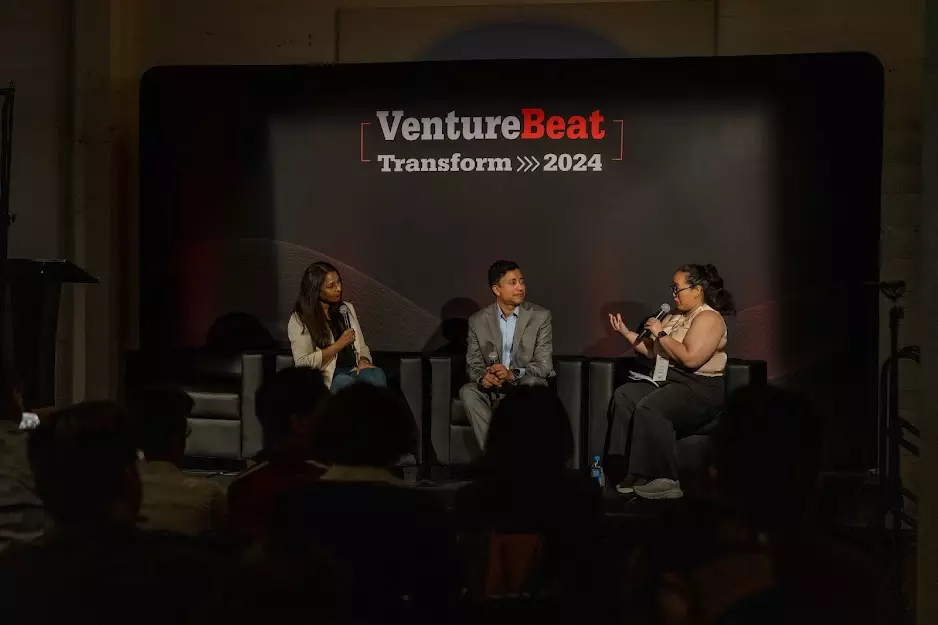Generative AI has revolutionized the healthcare industry by reducing administrative tasks and improving the overall patient experience. Kiran Mysore, chief data and analytics officer at Sutter Health, and Aashima Gupta, Google Cloud Director for global healthcare, discussed the benefits of generative AI during a panel at VentureBeat’s Transform in July.
The healthcare industry has witnessed significant technological advancements, with platforms like Epic allowing patients to enter their health information and communicate with medical providers seamlessly. The onset of the Covid-19 pandemic further accelerated the digitization of healthcare, as more people sought access to information about their health.
Generative AI has a wide range of applications in healthcare, from streamlining workflows to analyzing medical imaging. Major organizations like Kaiser Permanente have leveraged AI for predictive analytics to monitor patients proactively. The implementation of generative AI has made it easier for patients and physicians to interact, leading to a more personalized experience.
AI technology plays a crucial role in improving the patient and physician experience. By automating administrative tasks and providing real-time insights, physicians can focus on delivering quality care to patients. Generative AI enables physicians to better understand a patient’s medical history and engage in meaningful conversations to diagnose and treat conditions effectively.
Google Cloud serves as an enabling platform for healthcare organizations, providing tools and technologies to leverage data effectively. The introduction of MedLM, an industry-tuned model on the Gemini platform, has simplified the task of summarizing nurse shifts, reducing burnout among healthcare workers. Additionally, Google Cloud offers tools to analyze connections between ailments and medications, enhancing decision-making processes for medical providers.
Despite the advancements in generative AI, there are challenges to overcome, including physician skepticism and concerns about patient privacy. Mysore highlighted the importance of engaging with stakeholders and providing adequate support to build trust in AI technology. Gupta emphasized the need for collaboration and open communication in a heavily regulated industry like healthcare to address concerns effectively.
The integration of generative AI in healthcare has the potential to revolutionize patient care, enhance clinical outcomes, and improve overall efficiency in the healthcare system. By embracing innovative technologies and fostering collaboration between stakeholders, the healthcare industry can leverage AI to create a more patient-centric and sustainable healthcare ecosystem.


Leave a Reply